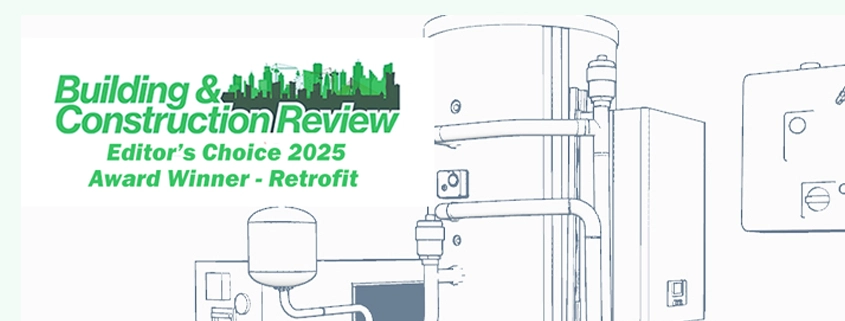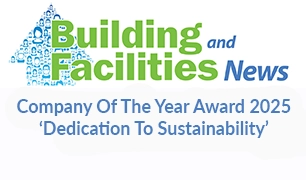Adveco Wins Award For Innovation In Retrofit
Hot water specialist Adveco has been awarded the Building & Construction Review 2025 Editor’s Choice Award for its commitment to innovation in retrofit of commercial buildings, with a focus on more sustainable water heating. The award considers recent work carried out by the company to address the continuing demands for gas water heating with increasingly … Read more

























